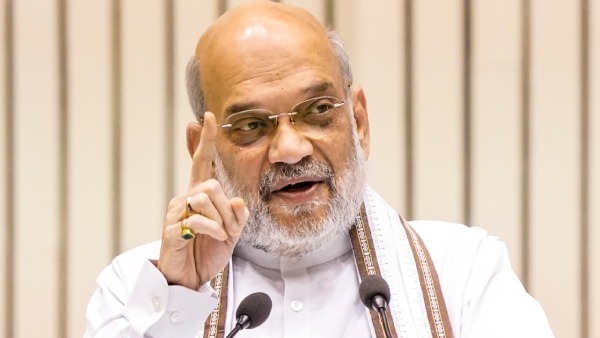Crown Prince Mohammed bin Salman Faces Dire Threat of Assassination
Crown Prince Mohammed bin Salman (MBS) of Saudi Arabia has made it clear that any potential deal to normalize relations with Israel must include a solid plan for Palestinian statehood. This issue isn’t just a matter of diplomacy for MBS; it’s deeply personal. He has pointed to the assassination of Egyptian President Anwar Sadat in 1981 by Islamist extremists, which followed Sadat’s peace treaty with Israel, as a cautionary tale about the risks involved.
MBS has even hinted that he might step down from his role as the guardian of Islam’s holiest sites if he can’t address what he considers the most pressing issue of justice for Palestinians. He has emphasized this issue’s deep concern among Saudis and the broader Middle Eastern public.
Recent violence in Gaza has thrown a wrench into the ongoing normalization talks between Saudi Arabia and Israel. On October 7, Hamas launched a severe attack on southern Israel, killing nearly 1,200 people and taking 251 hostages. This violence has made the already delicate negotiations even more complicated, creating additional challenges for both the U.S. and Saudi Arabia as they try to move forward.
MBS reportedly worries about his safety if he proceeds with the deal without significant concessions for the Palestinians. This concern has added another layer of complexity to the negotiations, which were already tense due to geopolitical issues.
Despite these challenges, MBS is determined to continue pushing for normalization, viewing it as crucial for Saudi Arabia’s future. However, U.S. Congressional sources suggest that a formal agreement might only be reached after the November presidential election, as there are no plans to seek Senate approval before its recess.
Nahal Toosi from Politico speculates that MBS might be using the threat to his safety to pressure U.S. officials into securing better terms from Israel. This tactic, while risky, highlights the high stakes for both MBS and the broader region.
Israeli Prime Minister Benjamin Netanyahu has long sought normalization with Saudi Arabia as part of his regional strategy. However, his firm stance against the establishment of a Palestinian state remains a significant hurdle. The Biden administration has confirmed that Saudi Arabia seeks a civilian nuclear facility and U.S. security guarantees in exchange for full diplomatic recognition of Israel.
To strengthen Saudi-U.S. ties, the White House has resumed offensive weapons shipments to Saudi Arabia, lifting a 2021 moratorium. This move is part of a broader effort to involve Riyadh in ending the Gaza conflict and countering Iran’s influence in the region.
Before the Gaza conflict escalated on October 7, Saudi-Israeli normalization seemed promising, with two Israeli ministers visiting Saudi Arabia and signaling potential progress. However, the violence has cast doubt on the future of these discussions.
As the U.S. and Saudi Arabia navigate these complex geopolitical dynamics, MBS’s next steps will likely involve a mix of diplomatic negotiations and public relations efforts to advance the normalization process. This will include continued engagement with U.S. officials and managing public opinion in the Middle East to avoid backlash.
For MBS, normalizing relations with Israel is not just a political move but a strategic necessity for Saudi Arabia’s security and economic future. However, achieving this goal requires balancing domestic and regional priorities. MBS must carefully manage the tension between advancing Saudi-Israeli relations and maintaining Saudi Arabia’s leadership role in the Arab and Muslim worlds.
The ongoing Gaza conflict has heightened Arab resentment toward Israel, making it even more crucial for any deal to address Palestinian statehood convincingly. Without this, a normalization agreement could provoke widespread anger and instability in the region, undermining its intended goals.
As MBS navigates these challenging diplomatic waters, his concerns about personal safety underscore the broader risks associated with Saudi-Israeli normalization. Securing a clear path to Palestinian statehood remains a critical component of any potential deal, necessary not only for regional support but also to protect MBS from potential violent retribution.











